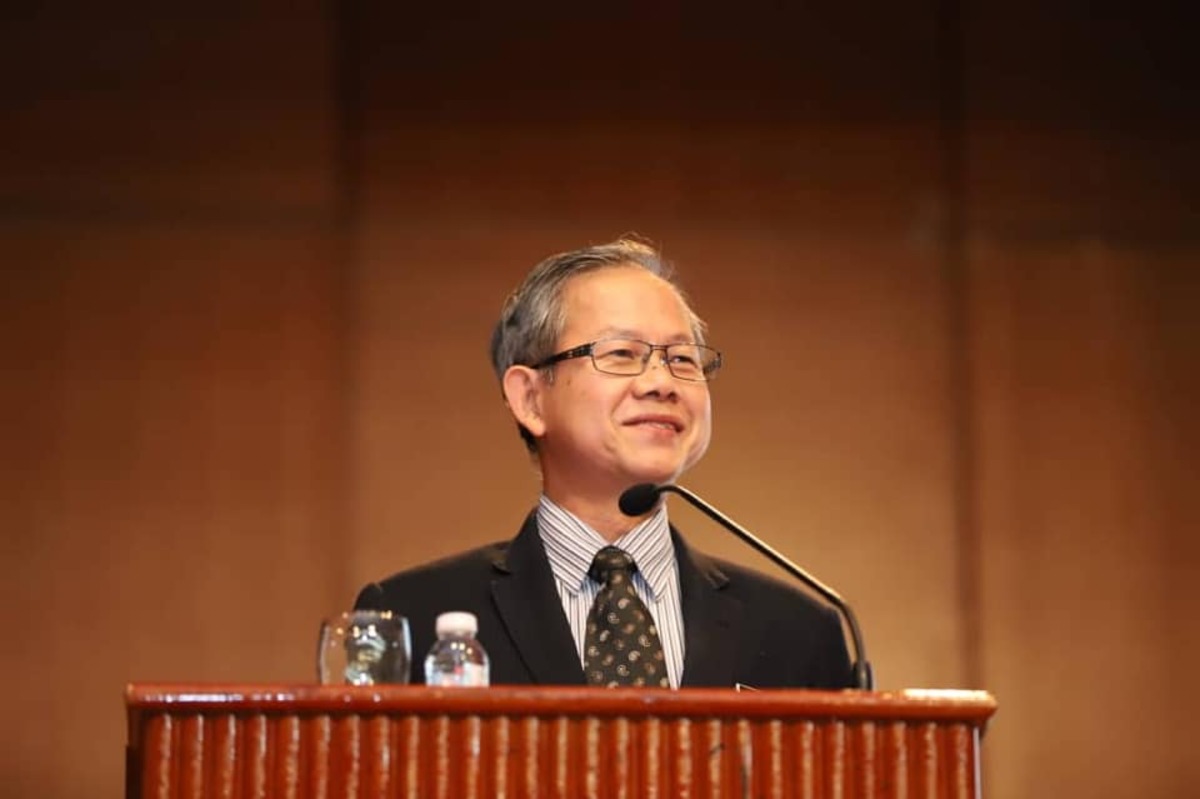KUALA LUMPUR, April 17 — Dr Lee Boon Chye has lent his support to the parallel pathway for medical specialty training, as local Master programmes are not fully developed yet.
The former deputy health minister – who served as deputy to Dzulkefly Ahmad (who is the current health minister) in the Pakatan Harapan (PH) government from 2018 to 2020 – said Malaysia is transitioning from apprenticeship to structured training for some specialties.
Most sub-specialties, he noted, do not have a structured Master programme or parallel pathway, claiming that even the structured training system for cardiothoracic surgery is limited.
“I believe the rational approach should be to recognise both structured pathways and apprenticeship systems until such a time when the structured pathways are fully developed,” Dr Lee posted on Facebook yesterday.
“When structured pathways are fully developed, it makes sense for local Master programmes to take over eventually. This has to do with national interest and sovereignty. However, for local universities to take over now without building the capacity is premature and counter-productive!”
The Malaysian Association for Thoracic and Cardiovascular Surgery (MATCVS) said yesterday that Universiti Teknologi MARA’s (UiTM) Master programme in cardiothoracic surgery – the only such local postgraduate programme in Malaysia – will take four years to produce its first graduate. UiTM’s cardiothoracic surgery programmes aren’t listed in the Malaysian Medical Council’s (MMC) list of recognised postgraduate qualifications.
Dr Lee explained that in the old days, sub-specialist training was recognised through apprenticeship, with a minimum number of years of training at established institutions and actual hands-on experience documented via logbooks.
“Subsequently, some sub-specialties developed structured training modules, including examination and formal assessment and award of certificate. This will be the trend in the future.
“However, how far can these structured courses for sub or super-specialists go? There is a limit!”
Dr Lee cited that one needs to undergo “structured training” to qualify as a cardiothoracic surgeon, for example.
However, cardiothoracic surgery subspecialists like a heart-lung transplant specialist or cardiology subspecialists like electrophysiologists can only qualify via apprenticeship and hands-on experience.
“Therefore, eventually some sub-specialty will still depend on apprenticeships and not structured ‘Master’ training programmes!” Dr Lee said.








